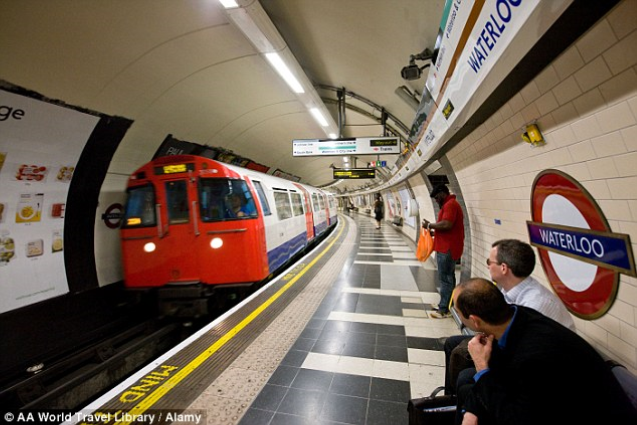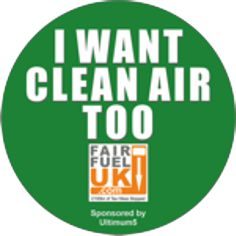The public are dying in their thousands because of poor air quality, 40,000 to be precise.’
‘Air pollution kills almost 9 million people every year – which is over 1.6 million more than smoking, research has revealed.’
These headlines are stark and instantly recognisable. But the majority of UK’s 37m road users argue this highly emotive claim is anecdotal, with no real-life cases presented to show a direct causal link to anyone dying from ambient vehicle exhaust emissions.
There is one solitary case currently under consideration, involving a girl who already had extremely serious pre-existing health problems, and who had visited hospital many times prior to her death.
In fact, national and regional road transport policy decisions, with their negative impact on freedom of movement, are being rolled out daily, based on the unproven headline mortality figures.
This number was championed from an official EEA report (see the details later in this report) and has been allowed to terrify millions of consumers ever since. These headlines have also devalued the UKs diesel fleet by £35bn according to the CEBR.
Worse still, there is an endless pressure to increase this guesstimate, with some green politicians placing the British death toll from ‘bad air’ at over 100,000 a year. That would mean that about 1 in 6 deaths in the country are caused by the air we breathe.
Since not one single case of death from ambient air pollution has been recorded in recent history, the figures being used are essentially an excuse to turn the screw on road users who must pay whatever is demanded because of their unavoidable dependence on transport.
Nobody objects to clean engines. No-one argues against improved efficiency which cuts emissions.
But the emissions agenda is currently being dominated by the concept of panic and global catastrophe.
In such a charged environment, it is difficult, or even impossible, to create rational, databased policies.
For example, while NOx – nitrogen oxides – are being blamed for health issues, those making these claims are unable to demonstrate why there is no association between illness and cooking with gas, which produces a large amount of NOx in a home, versus cooking with electricity which does not. Thought provoking!
In addition, while Particulate Matter (PMs) is being blamed for various health problems, authorities such as Transport for London are entirely relaxed about trying to force drivers off the roads and into the London Underground, where PM levels can be 2,900% higher than on busy roads.

The ‘doublespeak’ which enables campaigners to call for reduced NOx emissions, based on no credible data, and encourages drivers into the soot filled underground, has caused road users to exclusively bear the brunt of the environmental assault against pollution.
Despite all of this, and largely because of economic and social necessity, road transport has increased by 0.8% in the last year, indicating that the reality is very different to the ideology.
There’s another problem which the anti-internal combustion engine lobby. They completely refuse to address energy and overall pollution issues. It turns out that an electric vehicle is 14 times worse environmentally compared to a hybrid. This is in part, due to the huge environmental footprint of creating an electric vehicle and its batteries.
Read more on this blog to get a balanced view about driving issues.

Hi Admin
Great Post !! Thanks for sharing. I will be surely coming back to read your latest updates posts. I want to aware you toward.
Can you drive after smoking cannabis?
https://www.qredible.co.uk/b/driving-under-influence-cannabis/